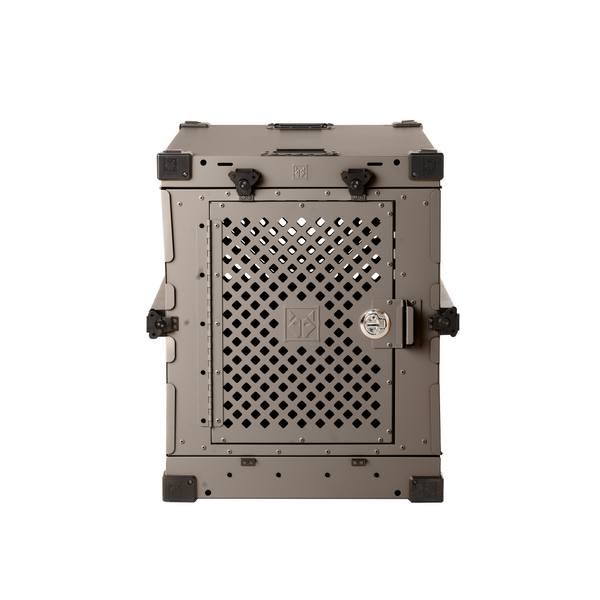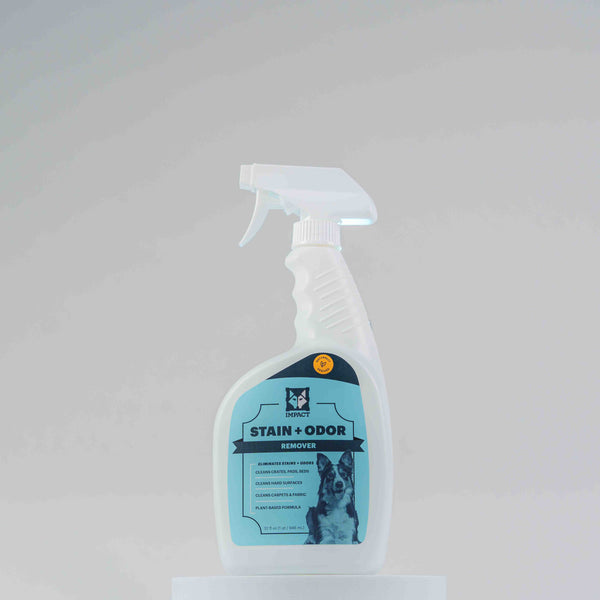Almonds are a tasty and nutritious snack for humans, but they are not the best choice for dogs. While almonds are not toxic to canines, they can still pose certain health risks. Pet owners should be aware of the potential issues almonds may cause and the available treatments to prevent harm to their dogs.
Are Almonds Toxic to Dogs?
Although almonds are not considered toxic to dogs, they still present several health concerns. Here are some key risks:
Choking Hazard: Despite their small size, almonds are quite hard, making them difficult for dogs—especially small breeds—to chew properly. If swallowed whole, they could become lodged in the esophagus, stomach, or intestines, potentially requiring emergency veterinary care.
Gastrointestinal Upset: Dogs’ digestive systems are not designed to process nuts like almonds. Eating them can cause vomiting, diarrhea, or abdominal discomfort. Dogs with sensitive stomachs are especially at risk.
Salt and Flavoring: Most almonds sold as snacks are salted or flavored. High sodium levels can lead to excessive thirst, dehydration, and, in severe cases, sodium ion poisoning, which can be life-threatening.
Risk of Pancreatitis: Due to their high-fat content, almonds may contribute to pancreatitis, a painful and potentially serious inflammation of the pancreas. The risk increases if almonds are given frequently or in large amounts.
What to Do If Your Dog Eats Almonds
If your dog eats almonds, taking action promptly is crucial. Follow these steps:
-
Assess the Amount and Your Dog’s Size: One almond is unlikely to cause harm to a large dog but could pose a choking or digestive risk to a smaller one. Larger quantities present greater concerns, particularly for small breeds.
-
Watch for Symptoms: Keep an eye out for signs such as choking, difficulty swallowing, vomiting, diarrhea, lethargy, or bloating. If any of these symptoms appear, contact your veterinarian immediately.
-
Do Not Induce Vomiting Unless Advised: In some cases, inducing vomiting may cause more harm than good. Always consult a veterinarian before taking this step.
-
Consult Your Veterinarian: If you are unsure how many almonds your dog has consumed or notice any unusual behavior, seek professional advice. A veterinarian can provide the best course of action to prevent potential complications.
Safe and Healthy Treats for Your Dog
Since almonds are not a safe snack for dogs, consider these healthier alternatives:
-
Chopped carrots
-
Apple slices (seeds removed)
-
Dog biscuits – Specially formulated to meet canine dietary needs.
Introduce any new foods gradually and in small amounts to prevent digestive upset. If any issues arise, consult a veterinarian for guidance.






